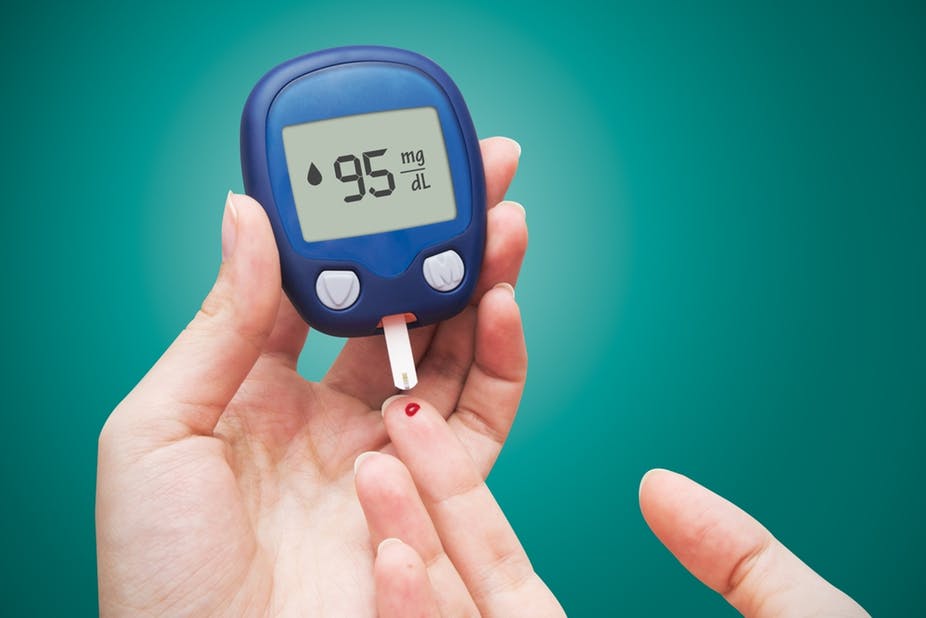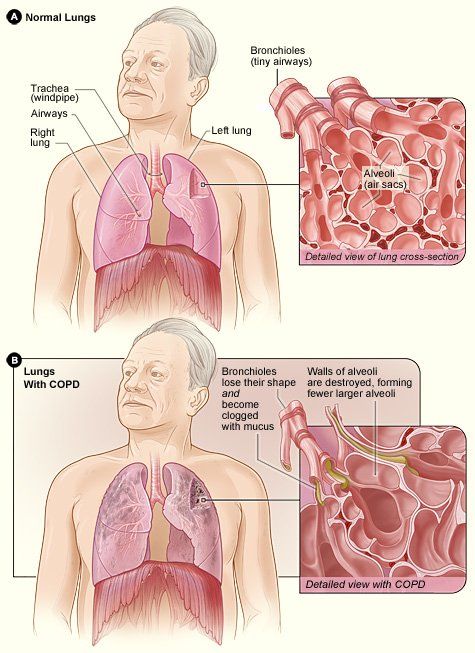7 Toxins to Avoid for Healthier Kidneys
For Healthier Kidneys

7 Toxins to Avoid for Healthier Kidneys
Our kidneys are two of the most important organs in our body. They filter about 200 liters of blood every day. The more toxins we introduce to our blood, the harder your kidneys work. One way to improve kidney health is to reduce our exposure to these harmful toxins. There are 50 million unique chemicals in the world, the majority of them are harmless, and vital for our health. Our increased awareness makes it easier to avoid toxins in our everyday life. Over time, these toxins build up and concentrate in our kidneys, then damage may occur which can result in decreased kidney function. As we get older, our kidney function decreases, for example, a 90-year-old has ⅓ to ½ of the kidney function of healthy 20-year-old. Here are the common toxins you can avoid to improve your kidney health today.
Healthy kidneys for senior health care Fort Lauderdale, FL
Take Only the Recommended Dose of NSAIDS
NSAIDS (non-steroidal anti-inflammatory drugs) such as aspirin, ibuprofen, naproxen and Celebrex are good for your health when taken in moderation. But, if you take a higher dose than recommended, it forces the kidneys to filter them out of your system and this is highly toxic to the kidneys.
Reduce Salt Intake
The daily recommended amount of salt is 2,300 mg. This amount is equal to 1 teaspoon and can easily be exceeded if you eat one pre-processed meal that day. Look for ways to reduce your salt intake by selecting lower sodium versions of meals and ingredients. Instead of using table salt to season your food, learn to go without or use a salt substitute such as Mrs. Dash.
Stop Smoking
Smoking is extremely harmful to many other organs in addition to your kidneys, and even though it is difficult to do, you should make a determined effort to do it. If you can’t stop, focus on smoking less and get help from your primary care physician. They can help you break this harmful habit.
Reduce Consumption of Alcohol
An occasional pint of beer or glass of wine with dinner is OK and may even have some health benefits; but consuming too much alcohol is very hard on the kidneys and can contribute to other chronic diseases that will deteriorate your overall health. Check out this other article about some of the health benefits of reducing your alcohol consumption.
Take Vitamins Only in the Amounts Recommended by Your Doctor
Taking vitamin supplements is essential if your diet does not offer these crucial nutrients. Do not take more vitamins than recommended by your primary care physician. Taking more than the recommended doses of certain vitamins can harm your kidneys. Your primary care physician can give you a blood test to help determine which vitamins are good for your health and the proper amounts to take.
Do Not Take Illegal Drugs
As majority of illegal drugs are excreted through the kidneys (toxic waste goes into the urine). People who take illegal drugs are at a much higher risk for kidney disease and failure.
Need Advice on Kidney Health?
Are you experiencing pain in your lower back or have a reduction in urine? You should talk with your doctor about how you can reduce the toxins affecting your kidney health, and Primary Care Offices have the knowledge to help. Contact Primary Care Offices for a same day doctor’s appointment at one of our conveniently located offices all over South Florida. Give us a call at 954-450-9595, chat online, or visit our patient portal on our homepage to get you feeling better in no time.











